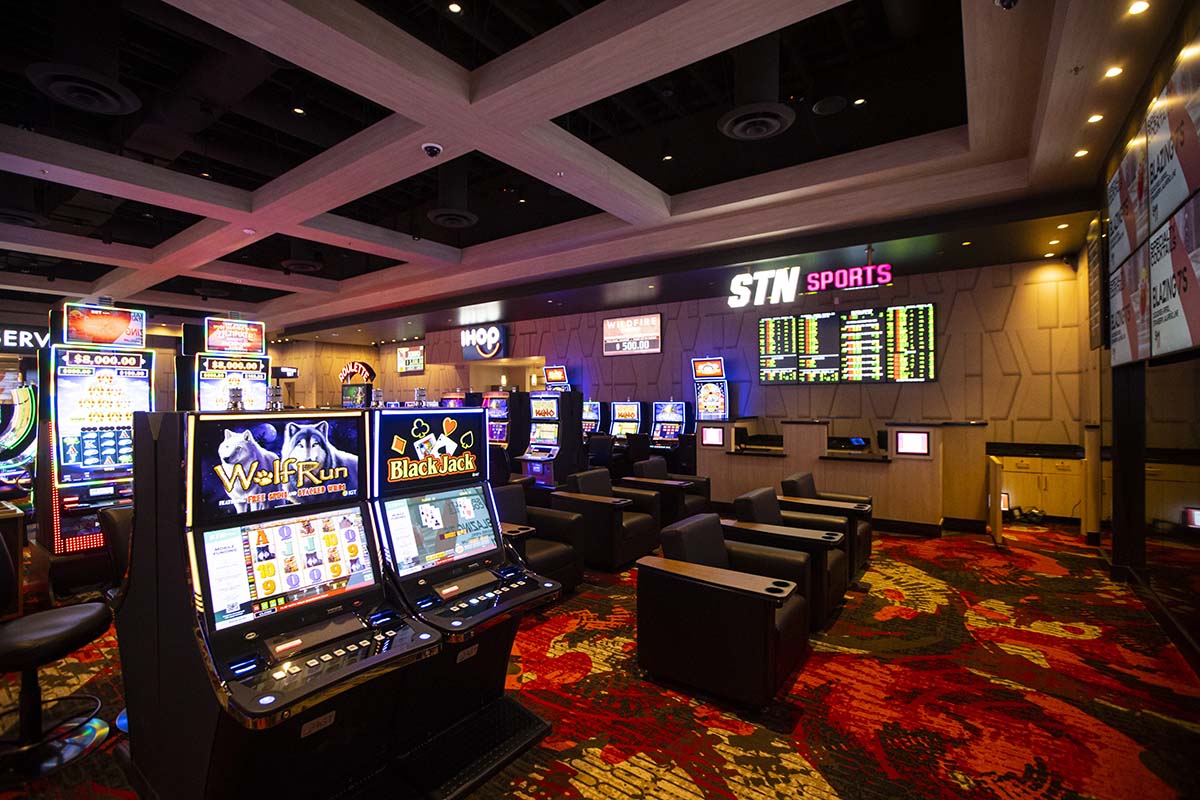
Betting has been an integral part of human recreation for millions of years, evolving through societies and periods to become the vibrant casino activities we know today. From the ancient Chinese and Romans, who engaged in multiple forms of gambling and chance, to the sophisticated gaming floors of contemporary casinos, the allure of risk and reward has captivated individuals across the globe. The shift from basic dice games and rudimentary betting setups to the lavish settings of modern casinos reflects significant strides in both social norms and technological advancements.
As cultures evolved, so too did the complexity of gambling activities, with casino games emerging as a separate category of entertainment and excitement. daga88 These games have evolved from casual gatherings centered around wooden tables to expansive, lavish establishments designed to entice players. Today, we explore this fascinating journey, analyzing how historical practices laid the groundwork for the diverse and exciting casino activities that bring joy to millions worldwide.
spintax
Early Betting Traditions
Wagering has significant roots in human past, with indications of activities of chance originating from ancient societies. Archaeologists have found that as far back as 3000 BC, the ancient Chinese were using primitive forms of betting with dice made from wood. Similarly, ancient Mesopotamians engaged in betting activities, often relying on the tossing of lots or dice to determine results. These early forms of betting served not only as recreation but also played vital roles in social and cultural customs.
The Egyptians also took part in betting activities, with games that included betting on the outcomes of various occurrences, including sports and religious festivals. Items such as dice and depictions of players from ancient tombs demonstrate that betting was a popular pastime. It provided both relaxation and a means of engaging in social interaction, often linked to celebratory occasions or major gatherings. This behavior revealed the universal appeal of chance and rivalry throughout history.
In ancient Rome, betting became a prevalent practice among the citizens, as shown in references in texts and the establishment of guidelines around certain games. Romans enjoyed a variety of gambling activities, from betting on horse races to playing games similar to modern-day board games. The legal system surrounding these activities began to take shape, establishing the foundations for gambling regulations that would grow in the centuries to come. The prevalence of gambling during this period set the stage for the development of casino games in the future.
The Development of Casino Games
Casino games have gone through substantial transformations from their roots to the modern-day entertainment options. In ancient civilizations, gaming was frequently associated to ceremonial practices, with dice games found in Mesopotamia and betting on the outcomes of events in ancient Rome. These initial forms of gambling laid the basis for the structured games we see today. The transition from informal gambling to organized games happened as societies began creating rules and venues for wagering, demonstrating cultural values and practices.
The Middle Ages saw the emergence of card games, which gained recognition among European nobility. Games like the first and the game baccarat became mainstays in social gatherings. The creation of printing technology also facilitated the spread of playing cards, making them more accessible to the masses. As gambling houses began to increase, these card games evolved into different forms that appealed to wider audiences, eventually leading to the founding of casinos as specialized venues for gaming.
The 20th century marked a crucial point in the progression of casino games, with the ascendancy of commercial casinos in Vegas and other gambling hotspots. This era saw the introduction of games like slot machines and modern versions of table games, complete with advanced graphics and detailed betting structures. The introduction of online casinos in the late 1990s also transformed the gaming industry, allowing players to access a great variety of casino games from the comfort of their homes. Today, casino games continue to evolve, blending classic elements with cutting-edge technology to create immersive experiences for players globally.
Contemporary Gaming Regulations
In these years, the area of gambling regulations has evolved significantly, notably as tech advances and internet-based gaming have become increasingly prevalent. Authorities around the globe have implemented multiple regulations and guidelines to ensure that gaming activities are carried out justly, with responsibility, and openly. These laws often include aspects such as licensing, marketing, gambler protection, and responsible gambling measures. Authorities aim to minimize issues such as gambling addiction and cheating while supporting a fair gambling environment.
The growth of online casinos has created a need for a different approach to regulation. Many jurisdictions have created specific internet-based gambling frameworks that serve internet-based gambling, allowing operators to provide their offerings legally. These structures often demand operators to get permits, follow strict safety protocols, and provide assistance options to help players. By closely observing online activities, authorities can better protect consumers from risks and ensure that gaming is carried out in a secure manner.
Furthermore, contemporary gaming regulations are increasingly concentrating on sensible gaming initiatives. Many gaming establishments and internet-based platforms now implement features such as player exclusion, financial limits, and time-outs to help players control their gambling habits. Educational campaigns aimed at raising awareness about the dangers of gaming are also common. As the industry continues to expand, the emphasis on responsible gambling continues to be a cornerstone of governing efforts, reflecting a commitment to encouraging a safe and enjoyable gambling experience for all players.